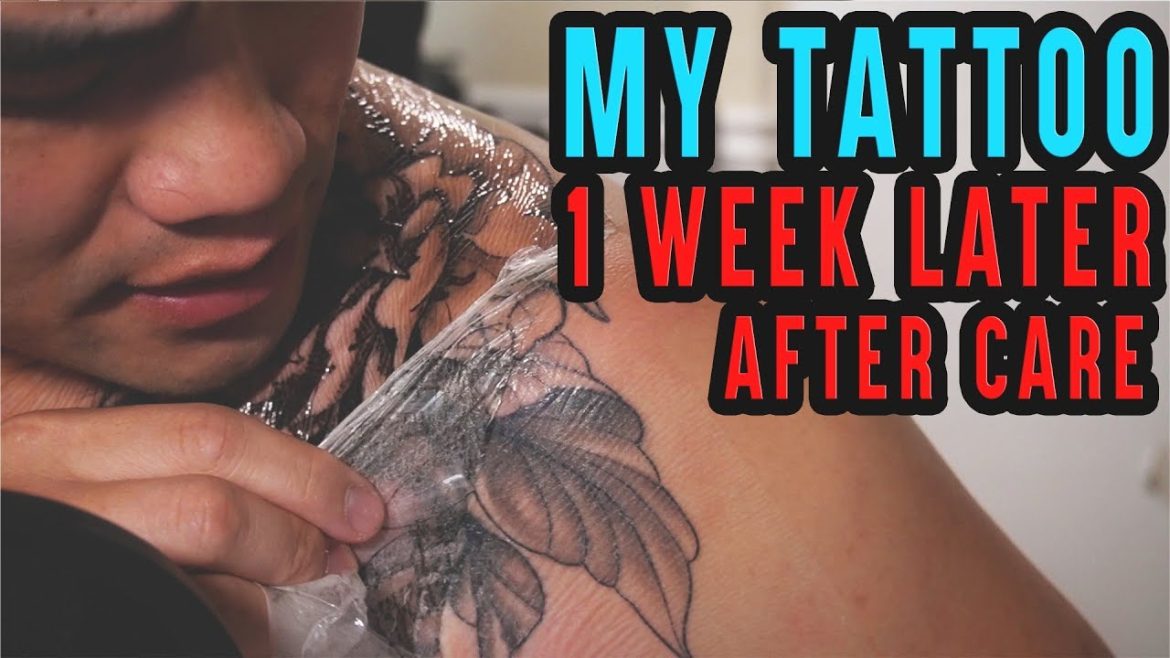Getting a new tattoo is exciting, but proper healing is crucial for long-lasting, vibrant ink. Understanding the tattoo healing process helps prevent infections, fading, and scarring. In this guide, we’ll break down each healing stage, share expert aftercare tips, and answer common questions.
How Long Does a Tattoo Take to Heal?
Most tattoos take 2–4 weeks to heal superficially, but deeper layers may need 3–6 months to fully settle. Healing time depends on:
-
Tattoo size and placement
-
Your skin type and immune system
-
Aftercare routine
Stages of the Tattoo Healing Process
Stage 1: Initial Healing (Days 1–6) – Oozing & Redness
Right after getting inked, your tattoo is an open wound. Expect:
-
Plasma, ink, and blood oozing (normal for the first 24–48 hours)
-
Redness, swelling, and tenderness
-
A shiny, wet appearance as the skin starts repairing
Aftercare Tips:
✔ Wash gently with fragrance-free soap 2–3 times daily.
✔ Apply a thin layer of tattoo aftercare ointment (like Aquaphor or Hustle Butter).
✔ Avoid picking at scabs or peeling skin.
Stage 2: Peeling & Itching (Days 7–14) – The Ugly Phase
Around day 5–7, your tattoo will start:
-
Flaking and peeling (like a sunburn)
-
Extreme itchiness (DO NOT scratch!)
-
Dull or cloudy appearance (normal before final healing)
Aftercare Tips:
✔ Moisturize with unscented lotion (Lubriderm or CeraVe).
✔ Avoid tight clothing that rubs the tattoo.
✔ Don’t submerge in pools, baths, or oceans.
Stage 3: Deep Healing (Weeks 3–6) – Settling & Smoothing
By week 3, most peeling stops, but deeper layers heal:
-
Scabs fully fall off
-
Skin may feel slightly raised or textured
-
Color vibrancy returns as the tattoo settles
Aftercare Tips:
✔ Continue moisturizing daily.
✔ Protect from direct sunlight (UV rays fade ink).
✔ Avoid heavy workouts that cause excessive sweating.
Stage 4: Full Healing (Months 2–6) – Long-Term Care
Even after surface healing, your tattoo needs care:
-
Skin fully regenerates
-
Ink stabilizes (some fading is normal)
-
Touch-ups may be needed if some ink fell out
Long-Term Tips:
✔ Always apply SPF 30+ sunscreen to prevent fading.
✔ Stay hydrated for better skin health.
✔ Schedule touch-ups if needed after 6 months.
Common Tattoo Healing Problems & Solutions
❌ Excessive Scabbing → Caused by overworking the skin or poor aftercare. Keep moisturized.
❌ Infection (Pus, Heat, Extreme Pain) → See a doctor immediately.
❌ Fading or Patchy Ink → Usually due to improper healing; may need a touch-up.
FAQs About Tattoo Healing
Q: Can I speed up tattoo healing?
A: No—rushing healing increases infection risks. Follow aftercare strictly.
Q: When can I swim after a tattoo?
A: Wait at least 2–4 weeks to avoid bacteria and ink loss.
Q: Why is my tattoo raised after healing?
A: Some tattoos stay slightly raised due to scar tissue, but it usually flattens over time.
Final Thoughts
A well-healed tattoo stays vibrant for years. By following these tattoo healing process tips, you’ll ensure your ink looks its best. Remember: patience and proper aftercare are key!
